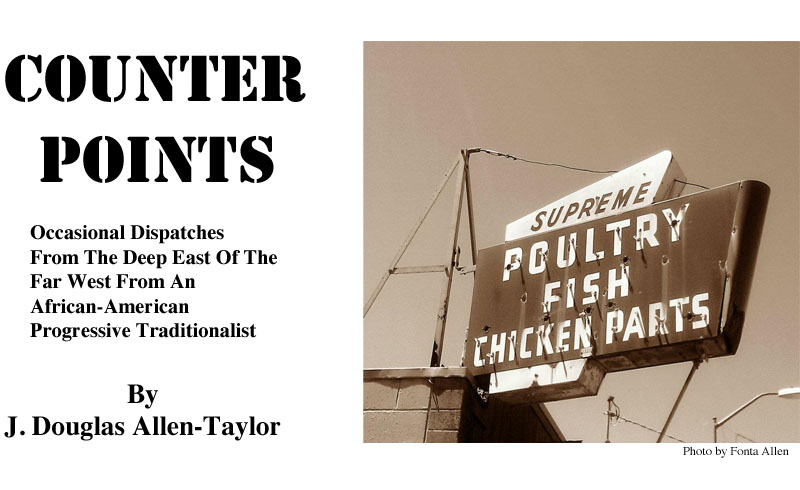|
|
YES, A GOVERNMENT SHUTDOWN IS SOMETIMES JUSTIFIED—BUT NOT OVER THIS ISSUE
I’m not one of those who believes that we should always let the federal government keep running along, unimpeded. There are times when I think a shutdown of the federal government is warranted, or would have been justified. It just depends upon the issue involved. Had I been alive in those times, I certainly would have supported shutting down the federal government until African-American slavery was ended, and I would have done the over the the issue of a federal anti-lynching law in 1918, when African-Americans were being butchered across the South by the hundreds by anti-Black white terrorists. Passage of the 19th Amendment—the amendment that gave voting rights to American women—was another such issue that warranted a federal shutdown to ensure, although given the fact that African-Americans, both women and men, in the South weren’t included in that guarantee in 1920, I might not have felt so charitable about the issue had I been around back then. I certainly would have felt that it was worth temporarily bringing down the federal government in 1965 if that would have ensured the passage of the Voting Rights Act that year, and would have felt the same about doing so to end the war in Vietnam or the war in Iraq, had it been presented as a viable organizational option in any of those cases. We shut down as much as it was in our power to do. Ending the death penalty is another issue serious enough to warrant stopping all federal government activity until its accomplished. And although I do not support in its entirety the position of many of my conservative friends on abortion and wouldn’t support them if they tried to shut down the government to advance that particular cause, I do not believe that they should be condemned if their convictions on that issue were to lead them to attempt such a step. Just because one is opposed to a point of view does not mean you automatically believe the other side does not have the right to hold such a view. Anyway, to justify a shut-down of the federal government to either enact or to block, the issue concerned should be one of a fundamental right, usually one involving life and death, or damn close to it. Preventing the implementation of the federal Affordable Care Act—what many people refer to as “Obamacare”—does not qualify as such a position. In fact, quite the opposite is true. The balance, in this case, is far and away on the side of those who wish to keep the health care act in place, since access to health care is a fundamental right, one that in many cases crosses over into life and death. Sometimes, in the case of the abortion issue, you have fundamental rights being threatened on both sides, but that is not the case in the fight over Obamacare. There is no room in a short column to discuss or even list the many complaints conservatives are raising about the health care act—several new ones arise every day—but even for those that appear to have merit, they don’t stack up against preventing others from having health care at all. Most of the conservative complaints about Obamacare, in fact, amount to little more than the glitches and inconveniences one would expect during the implementation of a massive and major new federal initiative. These are the kinds of things that Congress once would have gone back and straightened out by legislative action. But that’s impossible during the present climate, as conservatives in Congress will discuss nothing about the Affordable Care Act except ending it, and how fast. Our conservative friends are missing an opportunity here. There are a number of issues they are raising surrounding the federal health care act in which they might find common cause with progressives and liberals. Like many conservatives, I am concerned about the enhanced collection of personal information that the ACA allows, and the resulting continuation of the decline in our personal privacy. However, I don’t think that the answer is to restrict that collection of personal information to the private insurance agency, since that information can and is just as easily misused in corporate hands as it is in government hands. But I think there’s room at this point and time for a meeting of the minds that can advance some of the causes and interests of both the right and the left. That’s a matter I would like to discuss with my conservative friends. But until they give up the idea that they have the right to deny health insurance to others in this country for the sake of their own convenience, and until they give up the idea that this is a issue over which it is proper to shut down the federal government and most of its activities, there’s not going to be much constructive talking going on.
|
